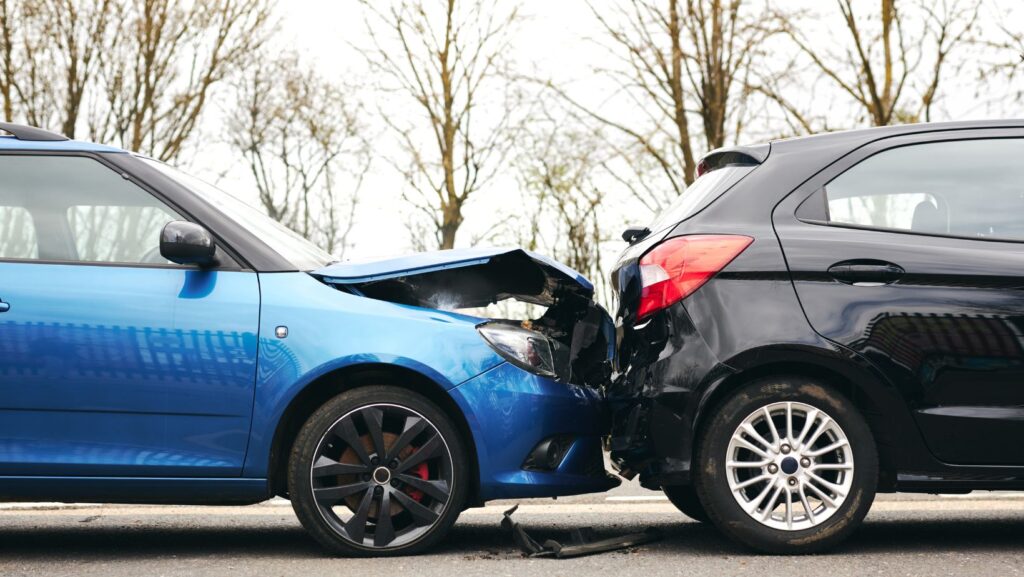Liability isn’t just a legal buzzword-it can make or break your rights and wallet! Knowing who’s responsible determines what you can claim, whether it’s a car crash, workplace mishap, or a slip-and-fall,
The right strategy could mean hefty compensation, while the wrong move might leave you empty-handed. From lawsuits to insurance payouts, liability impacts every step of the process.
Don’t get caught off guard! Let’s break down the top reasons why understanding liability is the key to protecting your rights and maximizing your compensation.
Determining Responsibility
Figuring out who’s responsible in a legal case is crucial. The right answer can affect your rights and compensation, whether car accidents, workplace injuries, or property damages.
Courts verify evidence, negligence, and legal duty to decide who should pay. Sometimes, blame is shared, which can change how much you recover.
Insurance companies also weigh in, often trying to minimize payouts. Knowing how responsibility is determined helps you protect yourself and get what you deserve.
Impact on Compensation Amounts
The amount you receive in compensation depends on who is at fault. If the other party is fully responsible, you could get a larger payout. But if you share some blame, your compensation may be reduced.

Some places follow strict rules that limit recovery if you’re partly at fault. Understanding these factors helps you understand what to expect. The more you know, the better you can fight for fair compensation.
Legal Rights to Pursue a Claim
You have the right to pursue a claim if you’ve been harmed due to someone else’s actions. However, your legal rights will depend on factors like:
- negligence
- liability
- state laws
Some cases require proving fault, while others allow claims even if responsibility is shared. You can even lose your chance for compensation if you miss deadlines. Insurance companies may challenge your claim, so knowing your rights is key.
Comparative Fault Considerations
Your payout may be reduced if you’re partly responsible for an accident. Some states follow a “pure” rule, letting you recover damages even if you’re mostly at fault.
Others have a “modified” rule, barring claims if you’re over a certain percentage responsible. Let’s say your slip-and-fall at home involves another party’s negligence-like a landlord failing to fix a broken step.
In some states, you could still recover damages even if you were partly at fault for being careless. However, in states with stricter rules, your claim might be denied if you’re more than 50% responsible.

Home incidents, like faulty wiring causing a fire, can also fall under these rules. Knowing the laws in your state can make all the difference in your case!
Legal Representation
Legal experts understand the laws, handle paperwork, and deal with insurance companies. They fight to get you the best compensation possible. Without one, you might miss key details or settle for less than you deserve.
Some attorneys work on contingency, meaning they only get paid if you win. That makes quality representation more accessible. A good lawyer protects your rights, builds a strong case, and takes the stress off your shoulders.
Liability Explained: From Household Mishaps to Car Crashes
Liability impacts your rights, finances, and future. Whether it’s a home mishap or a car accident, knowing the rules helps you protect yourself and claim what’s fair.
Don’t let confusion cost you! Stay informed, understand your options, and take the right steps when it matters. Start today and take control of your rights!
Did you find this article helpful? Check out the rest of our blog now!

